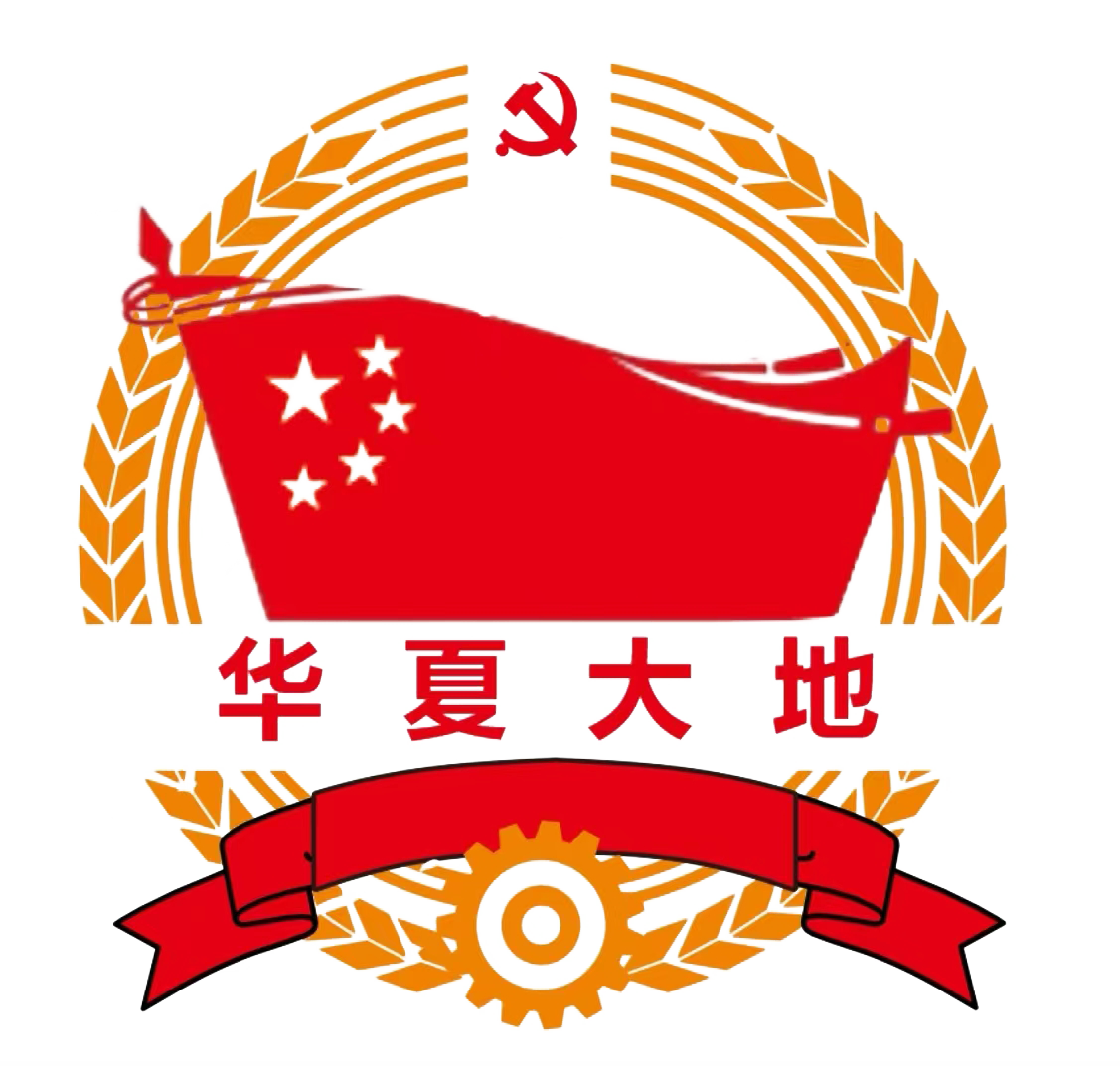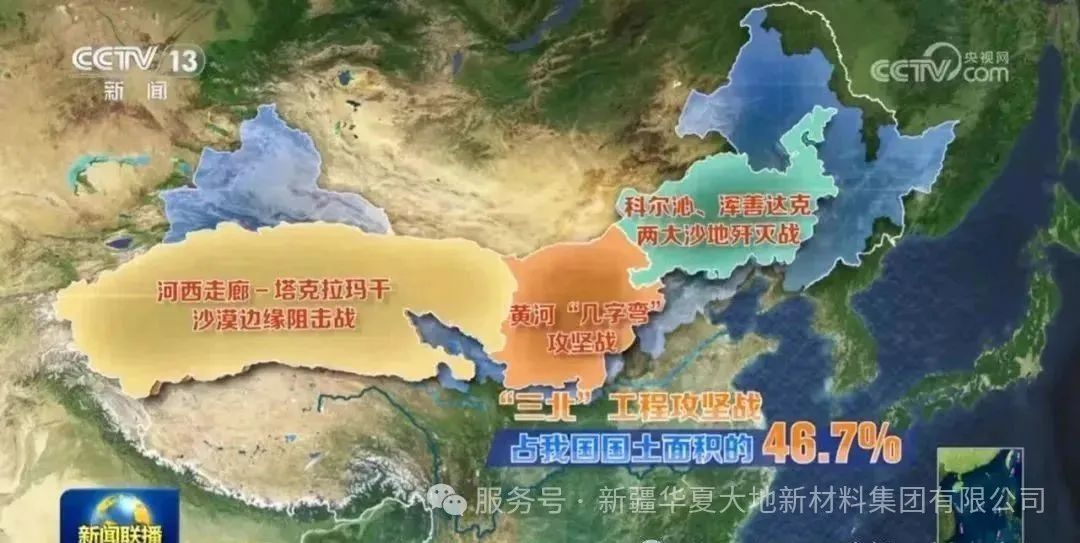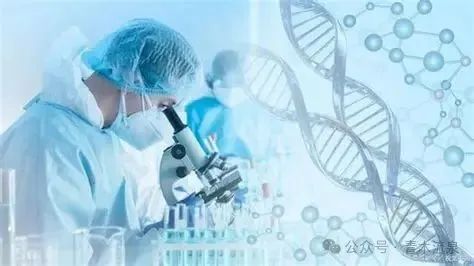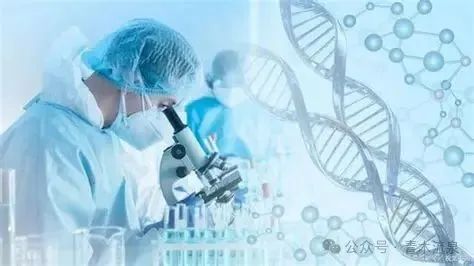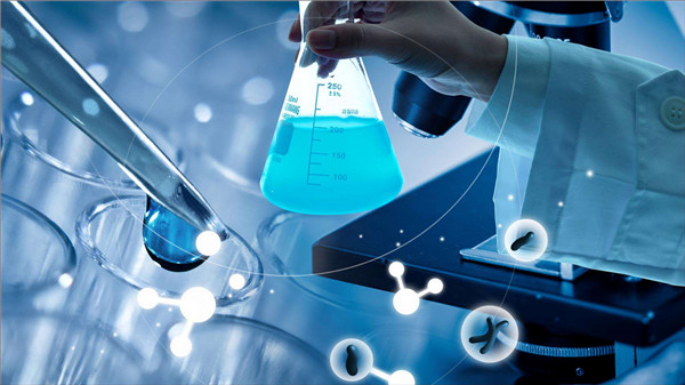International negotiations aimed at formulating a landmark global treaty to address plastic pollution ended without result in Geneva on August 14th, as countries failed to bridge deep divides over the scope of the required actions. Representatives from 185 countries met from August 5th to 14th in an attempt to reach an agreement. Prior to this, six rounds of intergovernmental negotiations (INC) over three years had also failed to reach a consensus. Negotiations continued through the night after the Thursday deadline, but differences remained: one side advocated that the treaty should limit plastic production and phase out toxic chemicals, while oil-producing countries on the other side preferred to focus on waste management at the back end, and the United States also joined the latter camp.
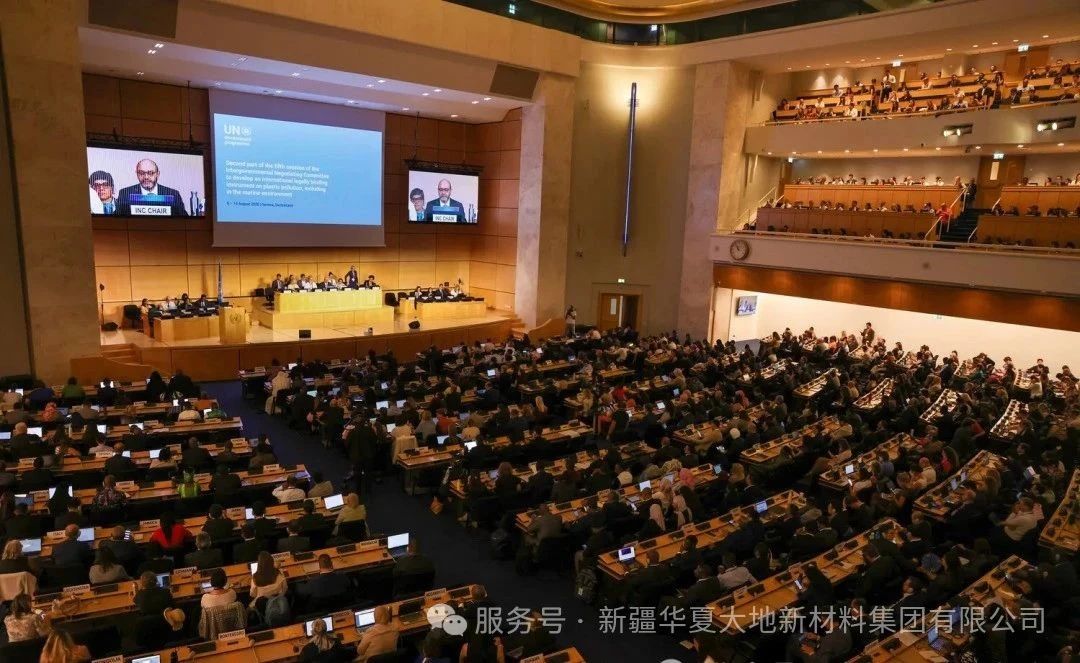 Representatives from 185 countries gathered together, striving to reach an agreement.
Representatives from 185 countries gathered together, striving to reach an agreement.
"Plastic is the foundation of modern life and is everywhere," said Ross Eisenberg, the president of the American Plastics Manufacturers Association. "The top priority should be to end plastic pollution, not to end plastic production," he added, warning that replacing plastic with alternative materials could lead to unforeseen problems. The delegates attending the 10-day negotiation were disappointed and even angry that no agreement was reached. The representative from Cuba said that a historic opportunity had been missed. "But we must move forward urgently and take action," they said. "The Earth and future generations need this treaty." The Colombian side said: "The negotiations have been obstructed by a few countries that do not want to reach an agreement at all." A representative speaking on behalf of 14 small island developing states in the Pacific said: "For us islands, this means that without global cooperation and national action, hundreds of thousands of tons of plastic waste will continue to be dumped in our oceans, affecting our ecosystems, food security, livelihoods and culture." The High Goals Alliance (including the EU, the UK, Canada, and many African and Latin American countries) supports addressing the plastic problem at the production stage. However, the "like-minded country group" consisting of Saudi Arabia, Kuwait, Russia, Iran and Malaysia opposes this approach, arguing that emphasis should be placed on post-treatment waste management. China's statement was particularly impressive, especially noting that the complexity of plastic pollution far exceeds expectations, spanning the entire chain of production, consumption, recycling and waste management; plastic pollution is intertwined with climate change and biodiversity issues, and any single solution is difficult to solve. Over the past three years and more, China has delivered a solid performance in plastic pollution governance, including improving regulations and systems, strengthening pollution control, completely banning the import of waste plastics, taking steps to ban and limit, reducing the use of unnecessary single-use plastic products, and promoting sustainable production and consumption. The chairperson of the talks, Luis Vayas Valdivieso, drafted a draft text based on limited consensus areas on August 13th, but it was rejected by both sides. The revised version produced after midnight on August 14th also failed to lead to an agreement, and the negotiation representatives reached a conclusion before dawn: no further progress could be made. The basis for further negotiations is that the EU believes the latest draft "lays a good foundation for restarting the negotiations", and South Africa also emphasized that "the process cannot end here", leaving a glimmer of possibility for the seventh round of negotiations. Global plastic production exceeds 400 million tons per year, half of which is used for disposable products. Of the total plastic waste generated, 15% is collected for recycling, but only 9% is actually recycled. Approximately 46% is buried, 17% is incinerated, and 22% is poorly managed and becomes garbage. Dr. Costas Velis, an associate professor of waste and resources engineering at Imperial College London, said: "We do indeed need to improve recycling... But we really cannot expect this to solve all the problems related to plastic."
